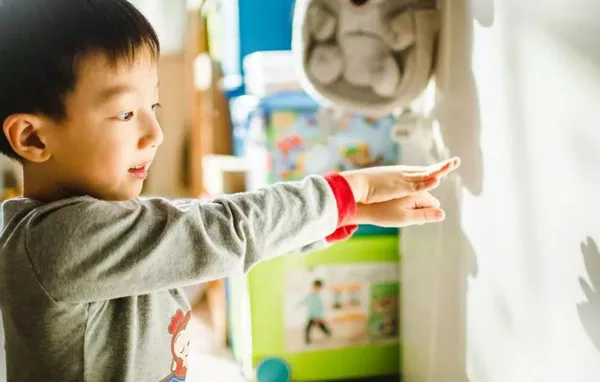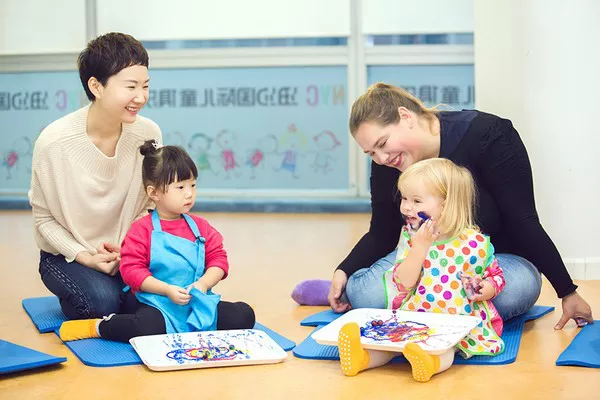Communication lies at the heart of every healthy and fulfilling relationship. It serves as the cornerstone for building trust, fostering intimacy, and resolving conflicts. However, effective communication is not always easy to achieve, especially when navigating the complexities of romantic partnerships. In this article, we explore practical strategies and techniques to communicate with your partner effectively, fostering deeper connection and understanding in your relationship.
Understanding the Importance of Communication in Relationships
Communication with your partner is more than just exchanging words; it encompasses listening, understanding, and empathizing with each other’s thoughts, feelings, and perspectives. Effective communication is essential for building a strong foundation of trust, intimacy, and mutual respect in your relationship. It allows you to express your needs, desires, and concerns openly and honestly, while also creating space for your partner to do the same. By fostering open and transparent communication, you can strengthen your connection and navigate the ups and downs of your relationship with greater ease and understanding.
Creating a Safe and Supportive Environment for Communication
One of the key aspects of effective communication with your partner is creating a safe and supportive environment where both of you feel comfortable expressing yourselves without fear of judgment or criticism. This involves actively listening to each other’s thoughts and feelings, validating each other’s experiences, and showing empathy and understanding. Avoid interrupting or dismissing your partner’s concerns, and instead, strive to create space for them to share their thoughts and emotions openly. By fostering a culture of respect and acceptance in your relationship, you can build trust and deepen your connection with your partner.
Practicing Active Listening and Empathy
Active listening is a fundamental component of effective communication with your partner. It involves fully engaging with what your partner is saying, both verbally and non-verbally, and showing genuine interest and empathy in their experiences. Avoid jumping to conclusions or formulating responses while your partner is speaking; instead, focus on understanding their perspective and validating their emotions. Reflect back what you hear to ensure that you’ve understood correctly, and ask clarifying questions if needed. By practicing active listening and empathy, you can demonstrate your commitment to understanding and supporting your partner in your relationship.
Expressing Yourself Clearly and Assertively
Effective communication also involves expressing yourself clearly and assertively, while also respecting your partner’s boundaries and feelings. Avoid using accusatory language or making sweeping generalizations, and instead, focus on using “I” statements to express your thoughts, feelings, and needs. Be specific about what you’re trying to communicate, and avoid beating around the bush or expecting your partner to read your mind. Assertiveness involves advocating for your needs and desires while also being respectful of your partner’s perspective. By expressing yourself assertively, you can foster open and honest communication in your relationship while also maintaining mutual respect and understanding.
Navigating Conflict Constructively
Conflict is an inevitable part of any relationship, but it can also be an opportunity for growth and deeper understanding if handled constructively. When communicating with your partner during conflict, it’s essential to approach the situation with empathy, patience, and a willingness to compromise. Avoid resorting to personal attacks or criticism, and instead, focus on addressing the specific issue at hand. Use “I” statements to express how you’re feeling and what you need from your partner, and listen actively to their perspective as well. By approaching conflict with a collaborative mindset, you can work together to find mutually satisfactory solutions and strengthen your relationship in the process.
Cultivating Regular Check-Ins and Quality Time Together
Regular check-ins and quality time together are essential for maintaining open lines of communication and connection in your relationship. Set aside dedicated time to connect with your partner, whether it’s through daily conversations, weekly check-ins, or regular date nights. Use this time to catch up on each other’s lives, share your thoughts and feelings, and discuss any issues or concerns that may arise. By prioritizing quality time together, you can strengthen your bond and deepen your connection with your partner, fostering a sense of closeness and intimacy in your relationship.
Seeking Support When Needed
Finally, don’t hesitate to seek support from a couples therapist or counselor if you’re struggling to communicate effectively with your partner. A trained professional can provide you with tools and strategies to improve your communication skills, navigate conflicts more constructively, and strengthen your relationship overall. Couples therapy can also provide a safe and supportive environment for you and your partner to explore underlying issues, address unresolved conflicts, and work towards a more fulfilling and satisfying relationship.
Conclusion
In conclusion, effective communication with your partner is essential for building a strong and healthy relationship. By creating a safe and supportive environment for communication, practicing active listening and empathy, expressing yourself clearly and assertively, and navigating conflict constructively, you can foster deeper connection and understanding in your relationship. Cultivate regular check-ins and quality time together, and don’t hesitate to seek support from a couples therapist if needed. With patience, empathy, and commitment, you can strengthen your bond with your partner and create a relationship filled with love, trust, and mutual respect.
Related topics:




























